What exactly is dyslexia? Here’s what you need to know about dyslexia: what it is, how to spot it, and how to treat it.
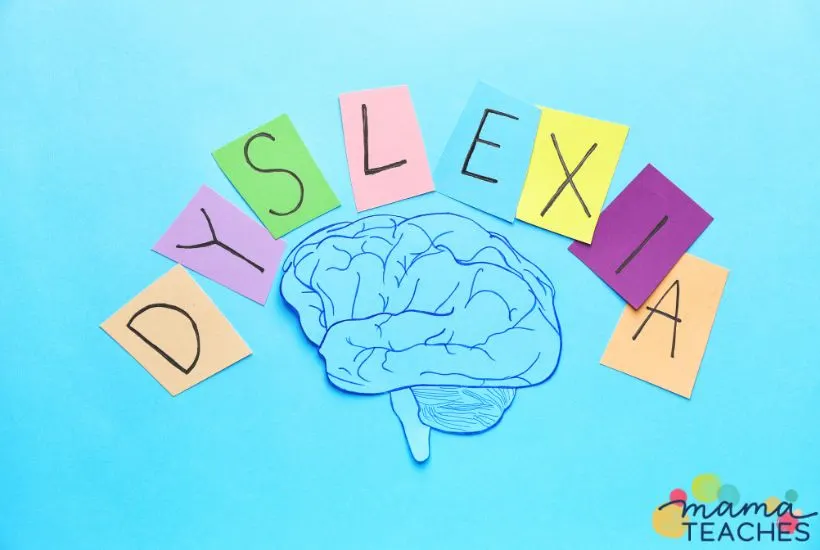
What Is Dyslexia?
Dyslexia is one of the most common learning differences (also called a reading disability) that results in difficulty connecting letters to sounds.
It affects around 15-20% of people and has no correlation with intelligence.
The difficulty relating letters to sounds affects more than just reading.
People with dyslexia may also struggle with spelling, learning a second language, and certain math problems.
On the positive side, this brain difference also comes with increased creativity and visual-spatial strengths.
Stephen Speilberg, Thomas Edison, and F. Scott Fitzgerald are all people with dyslexia.
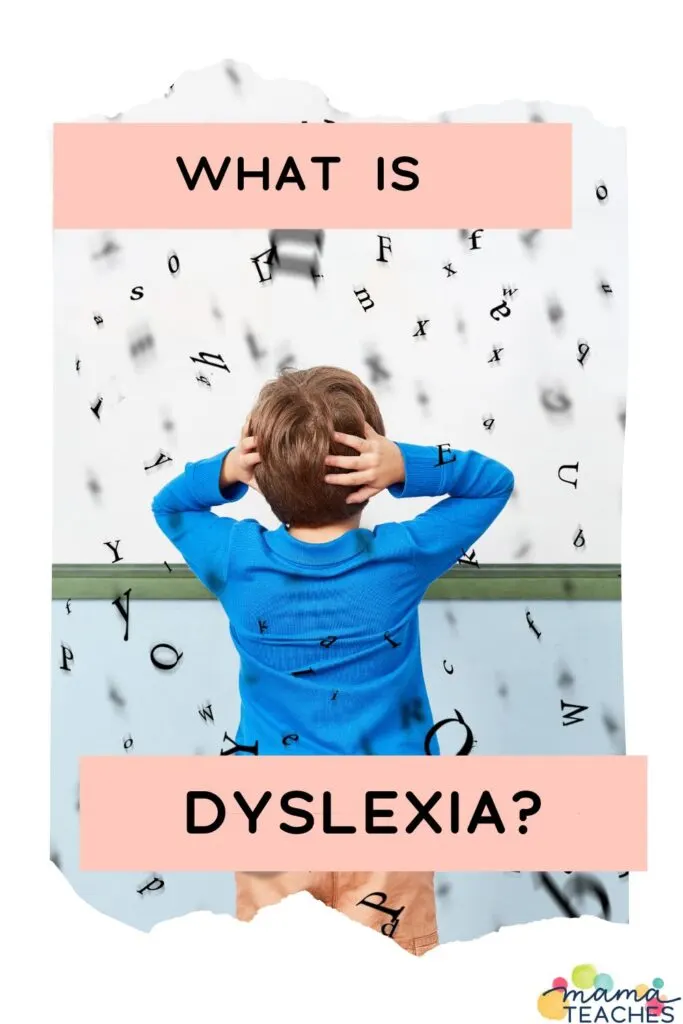
This article contains affiliate links to things that you might like.
Getting a Dyslexia Diagnosis
Dyslexia is typically not diagnosed until school age when a child begins to read.
A parent or teacher may notice the student has trouble spelling simple words, confuses similar-looking letters like “b” and “d”, reads the sounds in a word in the wrong order, or has trouble sounding out new words.
If you suspect the student has a reading disability, you will want to go to an educational psychologist for a dyslexia screening.
A dyslexia screening will test fluency, vocabulary, spelling, and the ability to sound out unfamiliar words. It will also cover oral language skills, word recognition, and reading comprehension.
It is important to undergo a dyslexia screening so you can get an official diagnosis for the student.
This diagnosis will help your student get the accommodations and therapies needed to manage dyslexia.
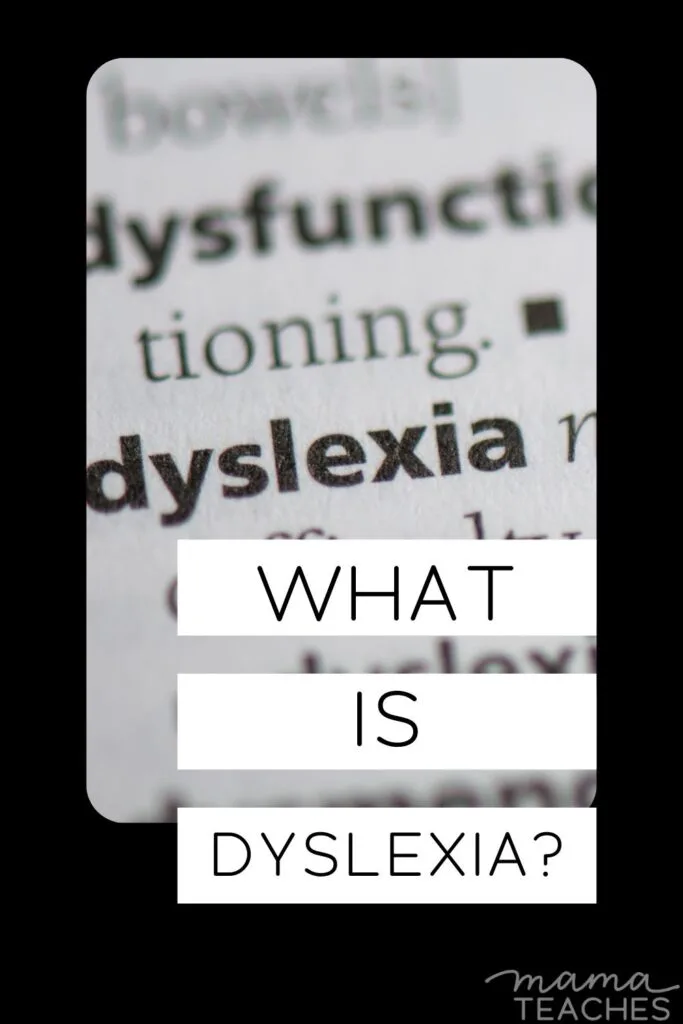
Treatment for Dyslexia
There is no medical treatment for dyslexia, but there are educational strategies that help.
A reading specialist can teach a student techniques to make reading easier.
These can include a multisensory approach: incorporating kinesthetic movement, color-coding letters to build the sound-letter connection, and tapping out sounds.
Accommodations can also help people with dyslexia.
Dyslexia-friendly fonts help make every letter visually distinguishable from one another.
Text-to-speech and speech-to-text technology can also help with reading and writing.
Some people find yellow text overlays aid in the focus on individual lines of text. It’s not a treatment for dyslexia, but it may help some students.
For more information, check out this article on 10 Ways Teachers Can Help Students with Dyslexia.
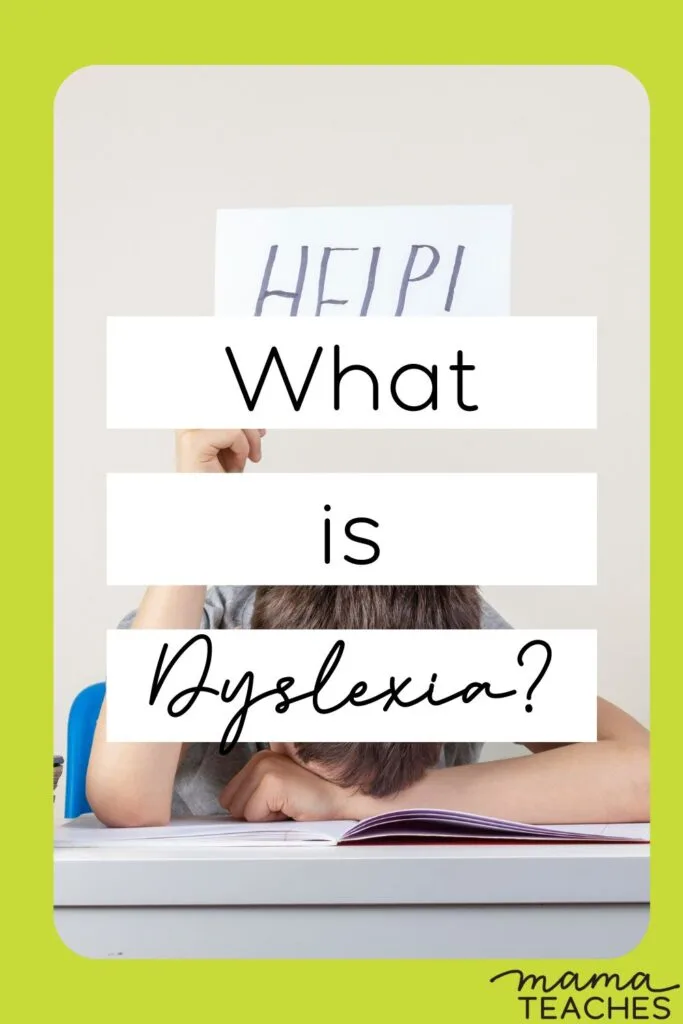
Dyslexia in Adults
Adults with dyslexia have similar struggles to children (dyslexia is a lifelong brain difference).
Reading and spelling are labor-intensive, and adults may then have difficulty summarizing what they read.
Reading unfamiliar words is especially hard, which means learning foreign languages is a challenge.
Is it worth going through a dyslexia screening to be formally diagnosed with dyslexia as an adult?
It may help with receiving accommodations from your employer or your college.
Adults with dyslexia can take advantage of accommodations like audiobooks, speech-to-text and text-to-speech technology, dyslexic-friendly fonts, and the use of tablets (which have spelling dictionaries, text-to-speech, and voice memos available in just one tap).
Dyslexia and Co-Occurring Disorders
Dyslexia is a brain difference that can occur at the same as other learning disabilities, such as dysgraphia.
Dyslexia may also co-occur along with disorders such as ADHD or anxiety.
ADHD affects focus, and reading requires exceptional focus for someone with dyslexia.
Treating ADHD may make reading easier because it may allow them to focus for longer periods of time.
People with dyslexia may also struggle with low self-esteem or feel anxiety when faced with a task that requires reading (like filling out forms).
They may overreact when they make a mistake.
Treating anxiety with medication or therapy can reduce stress and improve focus.
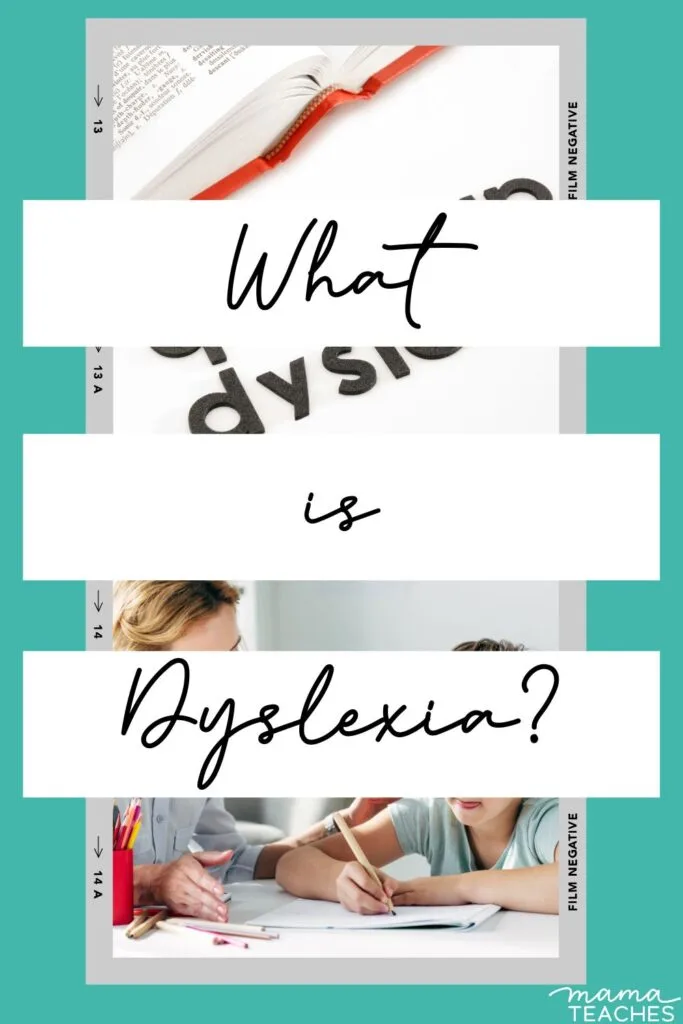
Dyslexia Definition
Dyslexia is a lifelong brain difference, but early diagnosis, specialized reading instruction, and technological accommodations can make managing dyslexia easier.
Remember, too, that dyslexia comes with advantages, and creativity, persistence, and excellent spatial reasoning are lifelong as well.
